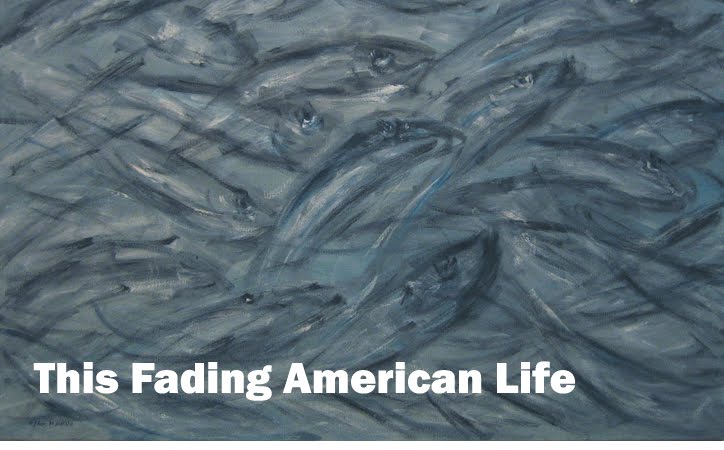Interestingly, an insider of Regan's administration, generally viewed as conservative and anti-tax wing, provided some insightful and pertinent solutions. If only half of his proposal got seriously debated, this country would have a chance to correct its course. But that is not going to happen soon.
San Francisco Chronicle reported that David Alan Stockman, director of the Office of Management and Budget in the Reagan administration, sat down to discuss the federal debt and the economy. The summary of his analyses is:
I think we have an economy today that's on the edge of insolvency. We'll be dealing with an age of sacrifice, austerity and an age of pain. You have to stop pretending that we're in a normal business cycle.Though I cannot say I agree with him point to point, most of his analyses are right on target and would lead to a fairer, more sustainable society.
The Republicans are just focusing on tax cuts while Democrats are defending their spending and they aren't willing to compromise. You're going to need to allow the Bush tax cuts to expire and, on top of that, find some new revenue sources. The Republican Party is being reckless in historic proportions, reckless to the extreme.
Obama's got to stop talking about taxing only the top 2 percent. Tax increases are going to have to include the middle class.
The politicians have had their head in the sand for so long about this issue that I really don't think they can compute reality anymore.
We need a drastic downsizing of our war machine, especially after they got Osama bin Laden. We should be rethinking whether we need an $800 billion defense budget. That's a vital part of the equation.
In a pure world, I think you could cut a lot of spending. There would be a way of getting back to a government where we do a social safety net on a means-tested basis, but that is never going to happen in this world.
Revenue is absolutely necessary, both as a practical matter and a matter of numbers. We should put a variable levy on imported oil at $100 (a barrel); whatever the price is coming in, you pay a levy to bring it to $100. We increase the power of the economy, both supply-side and demand-side, if we give investors a certainty of the price.
If we have a Tobin tax - a small tax on every transaction in this casino we used to call the stock market - we can easily generate $100 billion in revenue. We have a massive high-frequency churning in these markets today, and they're not accomplishing anything that's productive for the rejuvenation of the private economy.
We don't have entrepreneurial capitalism anymore, we have crony capitalism. We've had a tremendous reverse Robin Hood redistribution of income to the top. I don't think it's Armageddon. I think it's just one crisis after another.
He doesn't have nice things to say about the Democrats but he reserved most severe criticism on the Republicans. Would they listen? I'm not optimistic. This country is heading towards precipice and it would be a miracle to stop the suicidal madness.

At Home © Matthew Felix Sun








